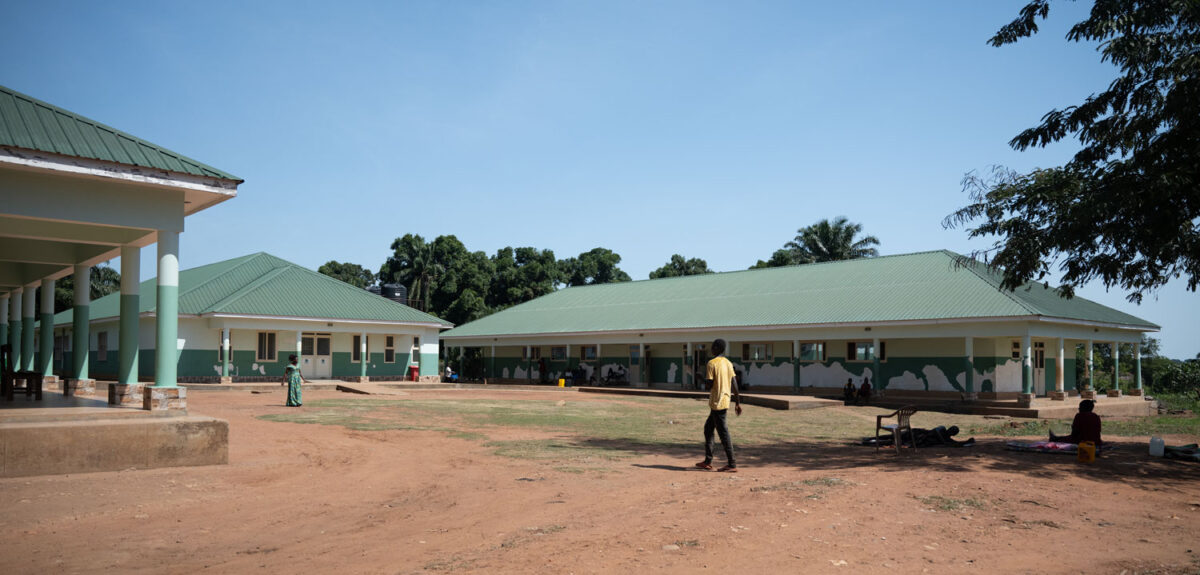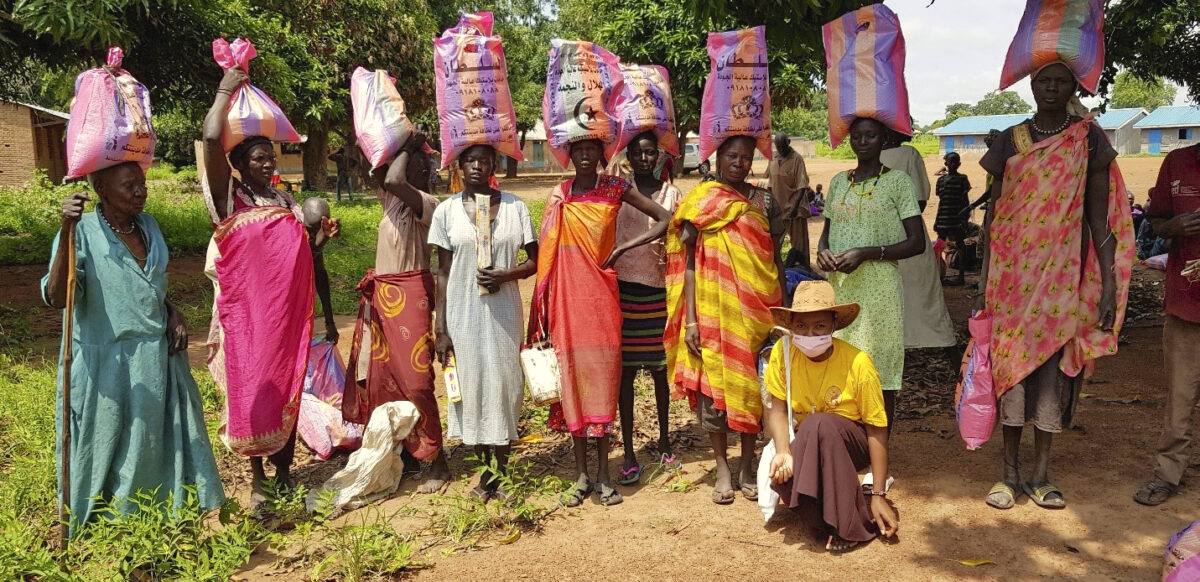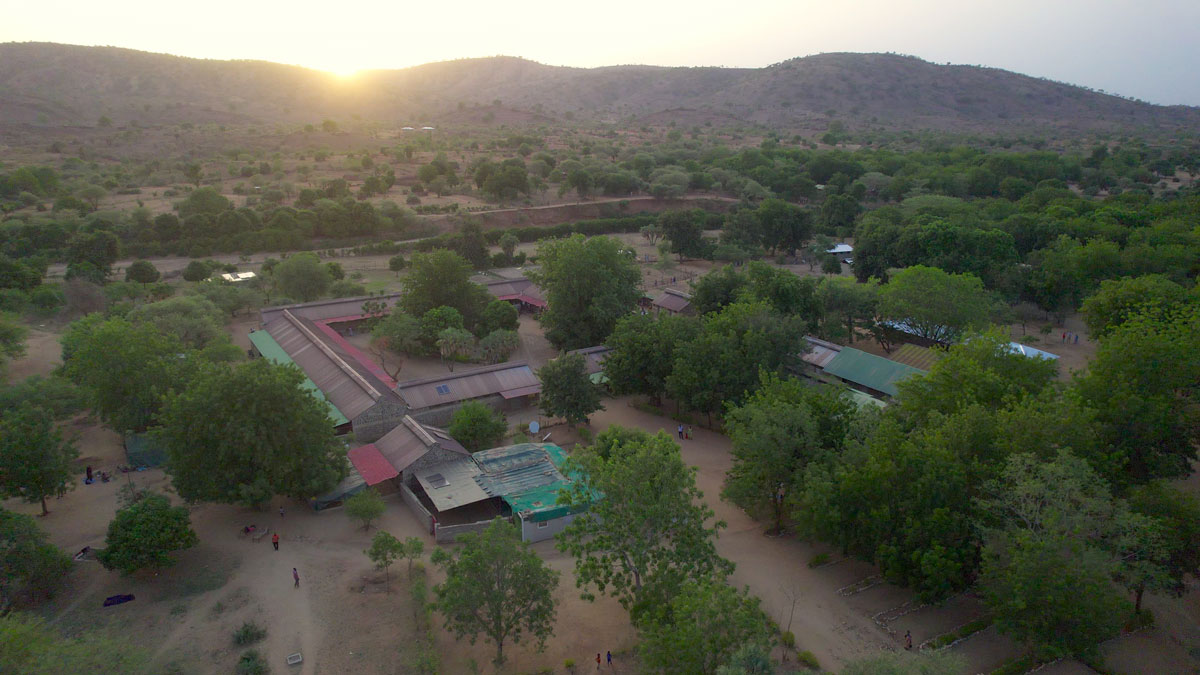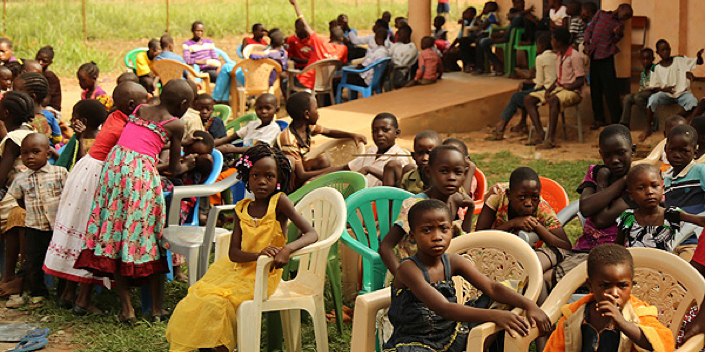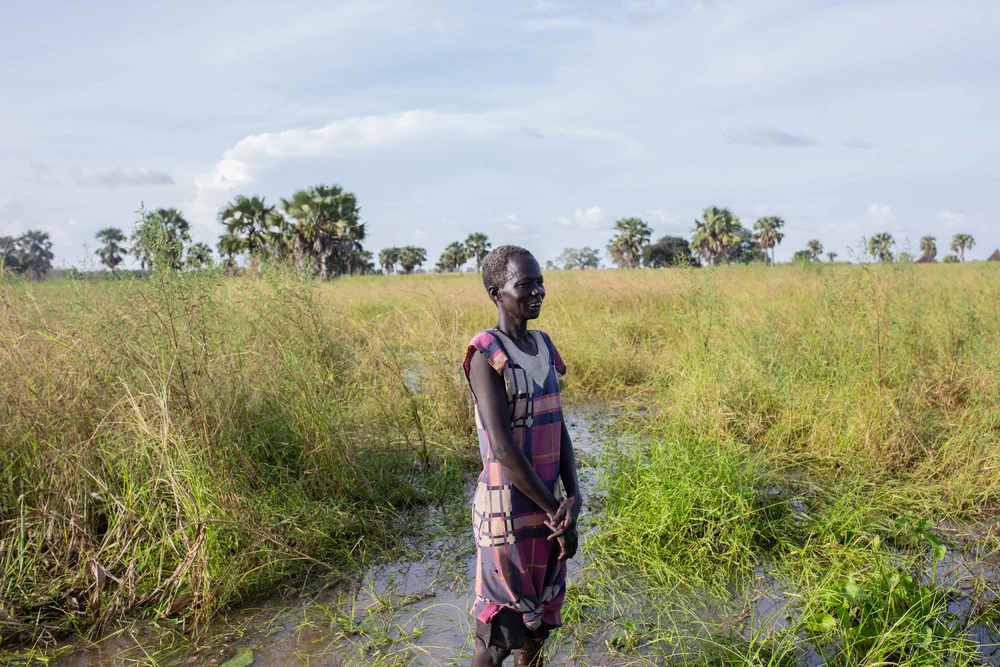
A Collision of Crises in South Sudan
Four years after South Sudan’s warring government factions signed a peace agreement intended to put an end to civil war, humanitarian indicators reveal the struggling nation is in as much distress as before, if not greater.
A lethal combination of internal strife, disastrous weather, and the effects of the Ukrainian war have plunged the volatile country into further poverty, displacement, and hunger.

Victims Flee Ongoing Violence
The five-year civil war that broke out shortly after South Sudan’s independence in 2011, killed at least 400,000 people and sparked widespread hunger and homelessness. The young nation is tenuously ruled by a transitional government between current president, Salva Kiir, and his rival, Vice President, Riek Machar, representing opposing political factions. A free election slated to take place in December was recently postponed, extending current rulership for at least two more years.
Both factions have been accused of using their current authority to shore up power and expand their supporter base. Meanwhile, violent clashes are commonplace in various parts of the country, and growing rogue militias nearly outnumber the nation’s armed forces.
Cattle raids, burning of homes, and armed attacks continue to force entire communities into displacement camps and worsen the poverty level that already plagues the people. Recent estimates underscore the dismal situation that “almost half the country is fighting itself.”

War and Weather Extremes
Adding to the problem of ongoing violence is a series of extreme weather events from devastating floods to widespread drought, fueling a burgeoning food insecurity crisis across the nation. Humanitarian organizations report over 7 million people are going hungry while facing cutbacks in aid from the World Food Program, and interruptions in vital food shipments from Ukraine. Rising prices of what food supplies exist make purchasing staples out of reach for most families.
In local culture, families will typically share food with another household if someone is without. Now locals say that’s impossible, as families themselves are struggling to survive. With so many now heavily dependent on aid that’s been restricted or doesn’t arrive, observers fear a humanitarian crisis of epic proportions will arise from these combined factors hitting the nation at once.
Peace activist and South Sudanese civil servant Julia Duany expressed, “Politicians have divided people, but the time will come when people will realize that we are not benefiting from what they are doing.” Until that time arrives, the people of this country continue to need increased humanitarian aid. Read more about the crises here: https://www.thenewhumanitarian.org/analysis/2022/10/18/South-Sudan-humanitarian-needs-conflict-flooding-famine

